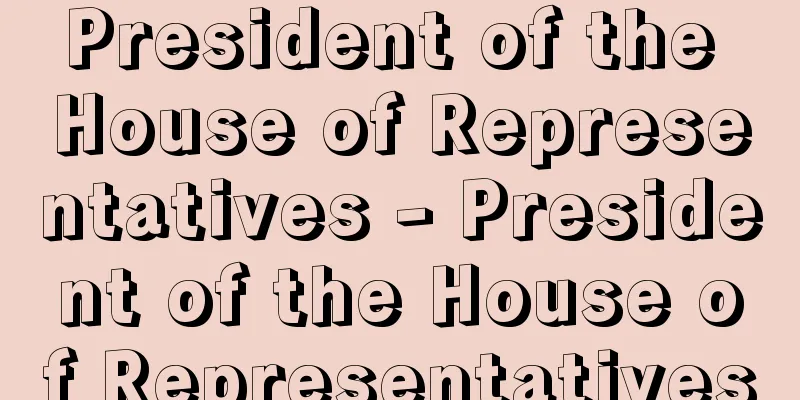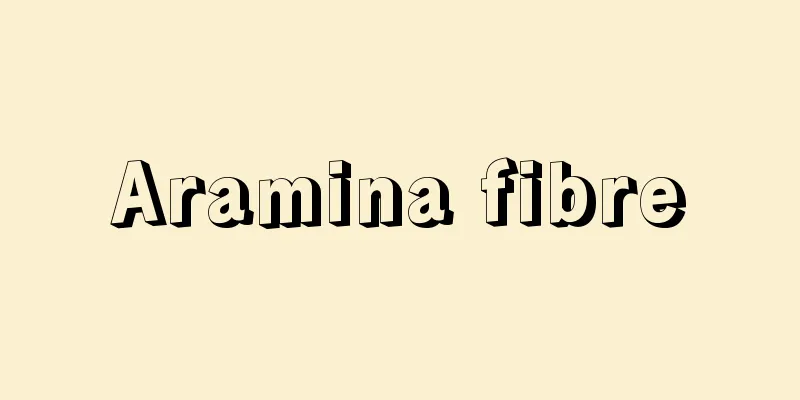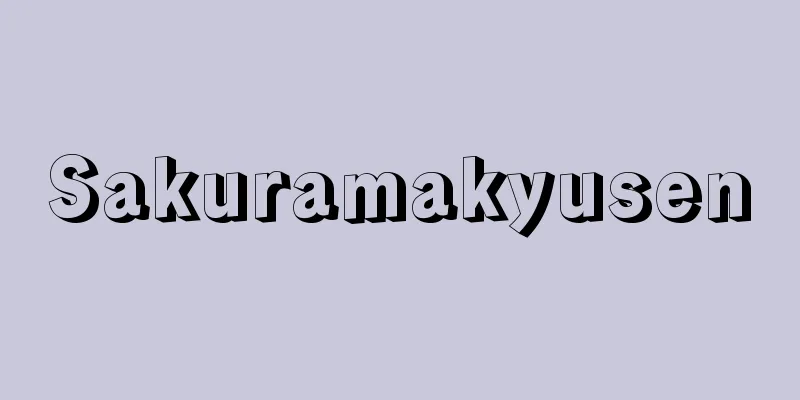Awards - Shotenroku

|
The Meiji government bestowed these benefits on meritorious retainers of the Meiji Restoration. Anti-shogunate court nobles, feudal lords, and feudal lords were eager to receive rewards for their contributions in the restoration of the monarchy and the Boshin War, and many of them wanted the land that the government had confiscated from the former shogunate, pro-shogunate domains, and hatamoto (military retainers). Okubo Toshimichi, Kido Takayoshi, and others opposed this, but as a compromise, the government began paying three types of rewards - permanent, lifetime, and limited by term - as well as one-time rewards from June 1869 (Meiji 2). The source of funding for these rewards was the annual tax from the land that had been confiscated by the government. The Boshin War merit awards on June 2, 1869 were over 745,000 koku and over 215,000 ryo, the Hakodate War merit awards on September 4 were 120,000 koku and 18,000 ryo, and the Restoration Merit Awards on September 26 were over 35,000 koku. In 1875, the current rice allowance was changed to a cash allowance. However, because the allowances were added to the old stipends of the nobility, the amount amounted to a huge one-third of the national treasury expenditure, placing an enormous burden on the government finances, and it was abolished the following year in 1876 with the issuance of gold-roku public bonds. [Masaru Tokinotani] "A Study on the Disposal of the Aristocratic Stipends" by Hiroji Fukaya (Reprinted in 1944 by Asia Shobo) [Reference] | |Source: Shogakukan Encyclopedia Nipponica About Encyclopedia Nipponica Information | Legend |
|
明治政府が維新の功臣に与えた恩典。討幕派の公家(くげ)、大名、藩士らは王政復古、戊辰(ぼしん)戦争の論功行賞を熱望し、旧幕府、佐幕派諸藩および旗本から政府が没収した所領の再配分を望む者も少なくなかった。大久保利通(おおくぼとしみち)、木戸孝允(きどたかよし)らはこれに反対したが、政府は妥協策として、1869年(明治2)6月から、永世、終身、年限の3種の賞典禄および一時賞賜の支給を実施した。その財源は、政府が没収した所領からの年貢である。69年6月2日の戊辰戦功賞典は74万5000石余と21万5000両余、9月4日の箱館(はこだて)戦功賞典は12万石と1万8000両、9月26日の復古功臣賞典は3万5000石余に上った。75年、現米支給の分を現金支給に改めた。しかし、華士族に対し旧来の家禄に加算して支給したため、その金額は国庫歳出の3分の1にも及ぶ巨費に上り、政府財政にとって莫大(ばくだい)な負担となったので、翌76年の金禄公債証書の発行によって廃止された。 [時野谷勝] 『深谷博治著『華士族秩禄処分の研究』(復刊・1944・亜細亜書房)』 [参照項目] | |出典 小学館 日本大百科全書(ニッポニカ)日本大百科全書(ニッポニカ)について 情報 | 凡例 |
<<: Illuminance - shoudo (English spelling)
Recommend
Westminster Gaslight and Coke Company - Westminster Gaslight and Coke Company
…Founder of the city gas business. He moved to Lo...
Markov process
A statistical time series data process in which ob...
Noboriryu - Noboriryu
This refers to a mushroom of the Ascocyst fungus f...
Kyuzo Mifune
Judoka. Born in Iwate Prefecture. Dropped out of K...
King of England
…In addition to the Church of England, there are ...
Cantonese - Etsugo
…It is one of the Chinese dialects, represented b...
Umeda Myoju - Umeda Myoju
A metalworker of the Kyoto Uetada school who was ...
Ensoji Temple
An abandoned temple in Ukyo Ward, Kyoto City. Bui...
Summoning - Kuchiyose
In response to requests from people, a miko (shri...
Roman de Brut (English spelling) RomandeBrut
…Born in Jersey, he was educated mainly in France...
Liability for construction works
Special liability for compensation is established ...
Company name - Shago
A title that indicates the status of a shrine. The...
Ahmudan - Ahmudan
...The monastic community of over 100,000 monks a...
Bile duct dilation - cholangiectasis
The bile duct is a bile excretory pathway that con...
Greek roof tile - Girishia tile
…(3) Wooden tiles (shingles) are made of boards a...









